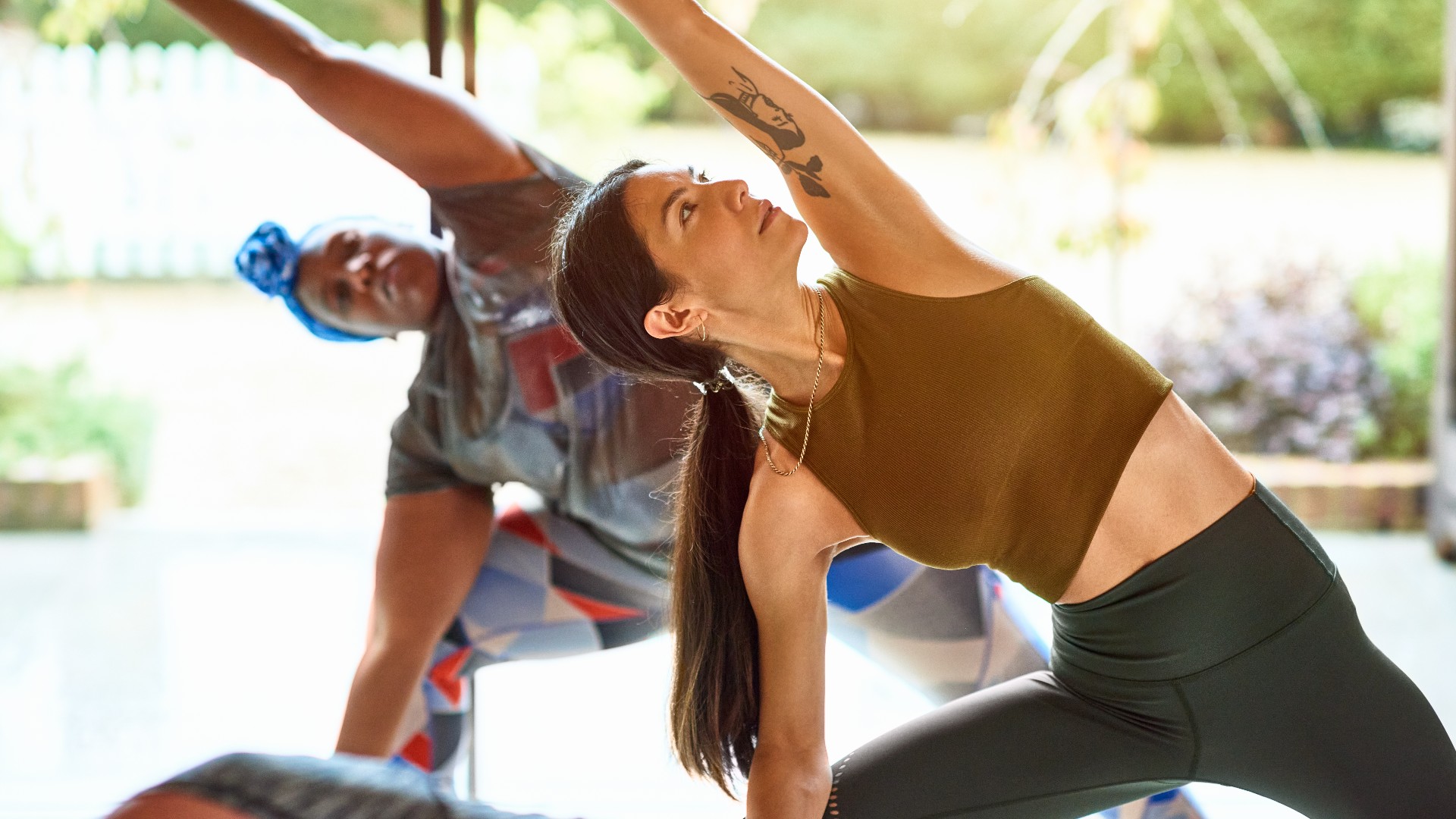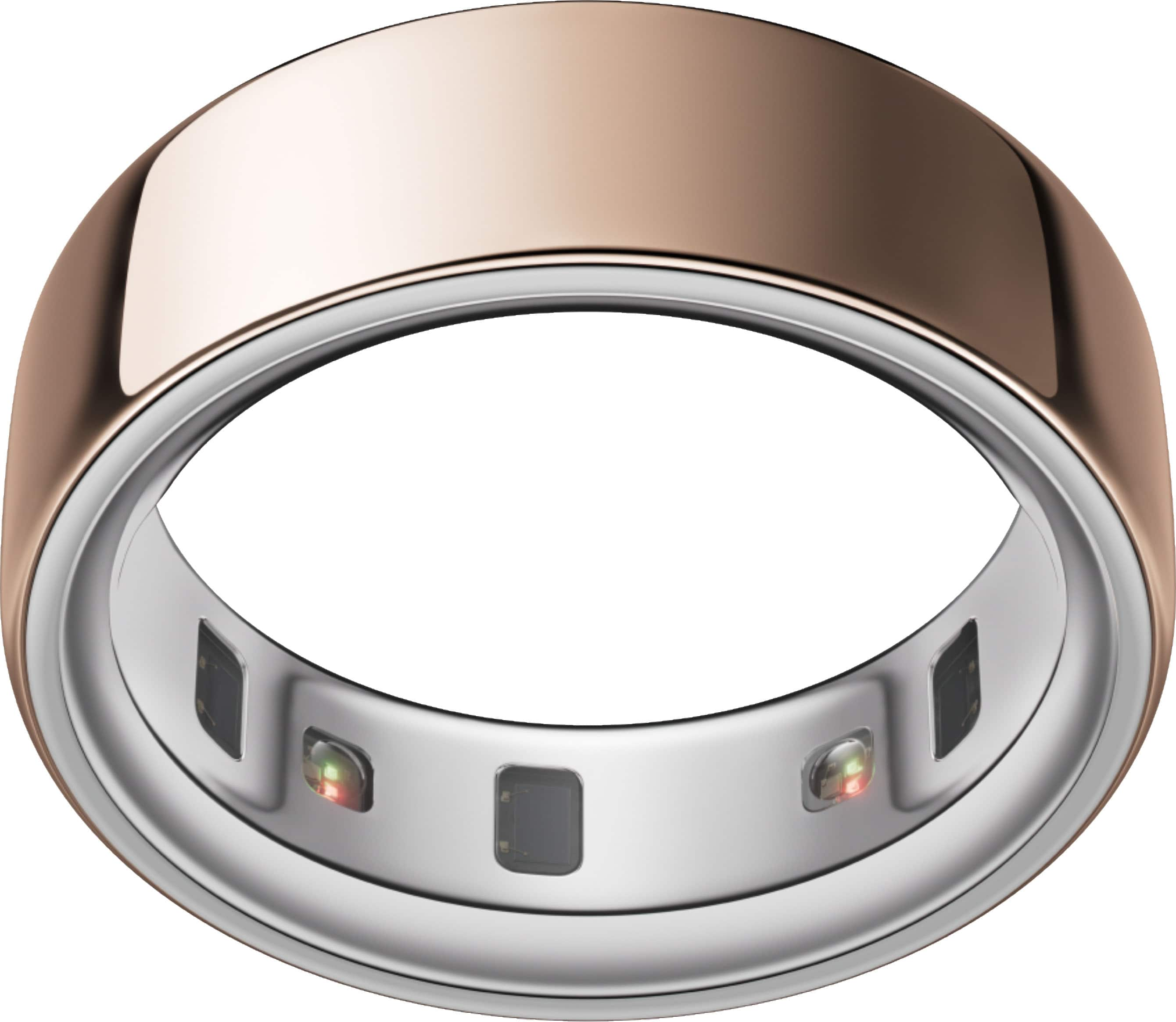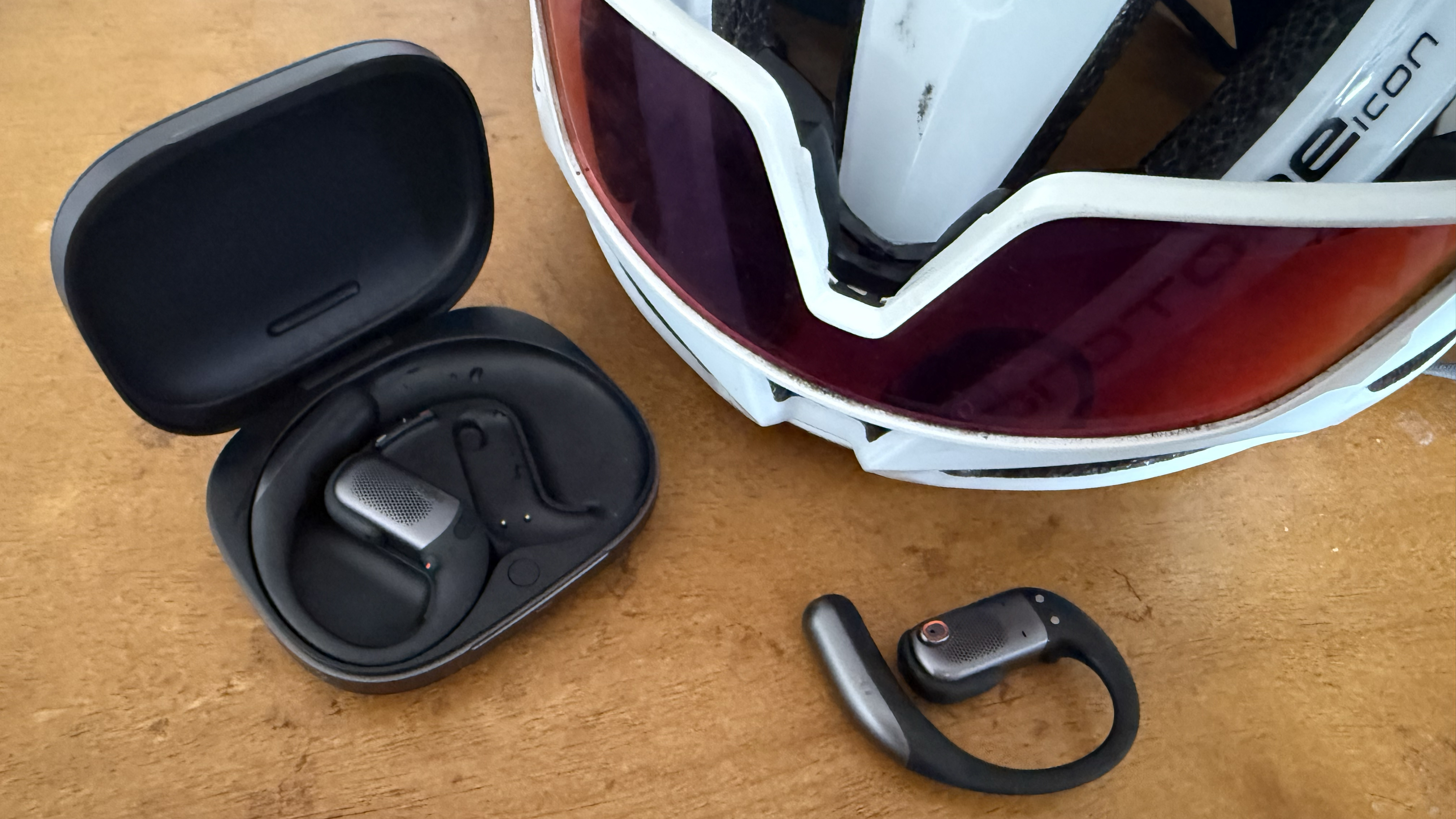
We all have a preference for when we like to exercise, and how. For some, nothing feels better than a late evening sweat session, while others might prefer a jog before the rest of the world rises.
But have you ever struggled to sleep after a workout? You’re not alone. Some workouts can impact your ability to fall asleep or your sleep quality, depending on the time of day, so it’s good to know that the problem is common and it can be solved.
Experts (and science) recommend a few ways to help you rest better, and the benefits of scheduling a smarter exercise routine.
Can exercise help you get better sleep?
We previously spoke to Dr. Lindsay Browning, a neuroscientist and chartered psychologist with a doctorate in insomnia from the U.K.'s University of Oxford, about the best time to exercise for sleep.
The type of exercise you do and when can impact sleep hygiene, but exercise and plenty of daily activity are linked to better sleep and overall sleep quality, contributing toward higher energy levels and better exercise performance.
Dr. Browning explains that exercise impacts your need for deep sleep, and the more exercise you have, the more deep sleep you get, helping you feel energized and rested when you wake up.
While there’s no exact template for sleep and workouts — we all have different routines and sleep requirements — being consistent and making the tweaks below could help you sleep better and stay energized and well-rested.
Get instant access to breaking news, the hottest reviews, great deals and helpful tips.

Dr. Lindsay Browning BSc MSc DPhil (Oxon) CPsychol AFBPsS.
Dr Browning is a chartered psychologist, neuroscientist and author with a doctorate in insomnia from the University of Oxford. She is a qualified sleep expert offering services based on cognitive behavioural therapy for insomnia (CBT-I).
Move your evening workout to earlier

There are benefits to exercising in the morning: some people feel more awake and energized when they first wake, plus it could be easier for some to exercise early before life gets in the way.
Exercising in the morning can also help reinforce better decision making around lifestyle and diet choices during the day while boosting mood — think about that potent release of dopamine, serotonin, endorphins and oxytocin.
A study published in the Journal of Physiology suggests morning workouts could shift your circadian rhythm, making you sleepier at night and more alert in the morning.
And it doesn’t need to be a super early workout, either. It depends on when you prefer exercising — if the morning isn’t for you, could you swap to early evening or afternoon?
Make sure that you exercise during the daytime and not too close to bedtime.
Dr. Browning explains that exercising too close to bedtime can disrupt the sleep cycle due to endorphins, cortisol and adrenaline that increase alertness. In some cases, high-intensity training at night could even delay sleep latency, which refers to how long it takes for you to fall asleep.
This certainly rings true for me; whenever I schedule a CrossFit class after 7 p.m., I find it harder to drop off, and the next day, my Oura ring shows a decline in my sleep score.
I'm a bit of a night owl anyway, so I can exercise later and still give myself a few hours to wind down, but if you know you like to sleep early, shifting your workout by an hour or two could do the trick.

A systematic review published in 2018 in Sports Medicine agrees, and found that total sleep, latency and efficiency can all be impacted by vigorous exercise before bedtime, roughly an hour or less before sleep. That said, it doesn't say you shouldn't train in the evening at all, just that timing and intensity matter.
If activities such as weight training, HIIT, CrossFit, or sprinting are your preferred workout method, try leaving at least 90 minutes between finishing a workout and going to bed.
Again, Dr. Browning advises scheduling carefully for the best sleep results: “Make sure that you exercise during the daytime and not too close to bedtime, as exercise in the evening can sometimes be disruptive to sleep due to the release of endorphins and adrenaline that make you feel more alert."
2. Low-impact activity before bedtime

That’s not to say all high-intensity activities must be done when you wake up; some people naturally have more energy as the day progresses (me included), and it’s important to find what works best for you to stay consistent.
And in some cases, it may be more beneficial for your body to train as the day goes on. For example, a study published in Applied Physiology, Nutrition, and Metabolism suggests that weight training for muscle growth scheduled later in the day could be more effective than in the morning.
Over a 24-week program, results in strength and endurance were better for evening exercisers than morning exercisers.
If you still want to engage in exercise before bedtime, consider switching to low-impact. That could include a bedtime yoga routine, mat Pilates, a walk, or a gentle jog.
This, coupled with a calming nighttime routine, may help bring your body down to a state of rest, repair and calm for a good night’s sleep.
Verdict
Exercise and sleep have a close working relationship, both improve the quality of the other and help to bust stress, anxiety and low mood.
If you find late workouts disrupt your sleep, consider shifting high-intensity exercise back a few hours before bedtime and swapping in low-impact and gentle forms of movement before sleep.
While there are pros and cons to exercising in the morning and evening, vigorous exercise should be avoided straight before bedtime with a gap of at least 60 to 90 minutes, while low-impact movement can help the body wind down and relax.
More from Tom's Guide
- 5 things to avoid right before bed
- Forget 10,000 steps — study reveals the real number of minimum daily steps you should take, according to your age
- Is there a best way to sleep?

Sam Hopes is a level 3 qualified trainer, a level 2 Reiki practitioner and fitness editor at Tom's Guide. She is also currently undertaking her Yoga For Athletes training course.
Sam has written for various fitness brands and websites over the years and has experience across brands at Future, such as Live Science, Fit&Well, Coach, and T3.
Having coached at fitness studios like F45 and Virgin Active and personal trained, Sam now primarily teaches outdoor bootcamps, bodyweight, calisthenics and kettlebells.
She also coaches mobility and flexibility classes several times a week and believes that true strength comes from a holistic approach to training your body.
Sam has completed two mixed doubles Hyrox competitions in London and the Netherlands and finished her first doubles attempt in 1:11.
You must confirm your public display name before commenting
Please logout and then login again, you will then be prompted to enter your display name.
 Club Benefits
Club Benefits














